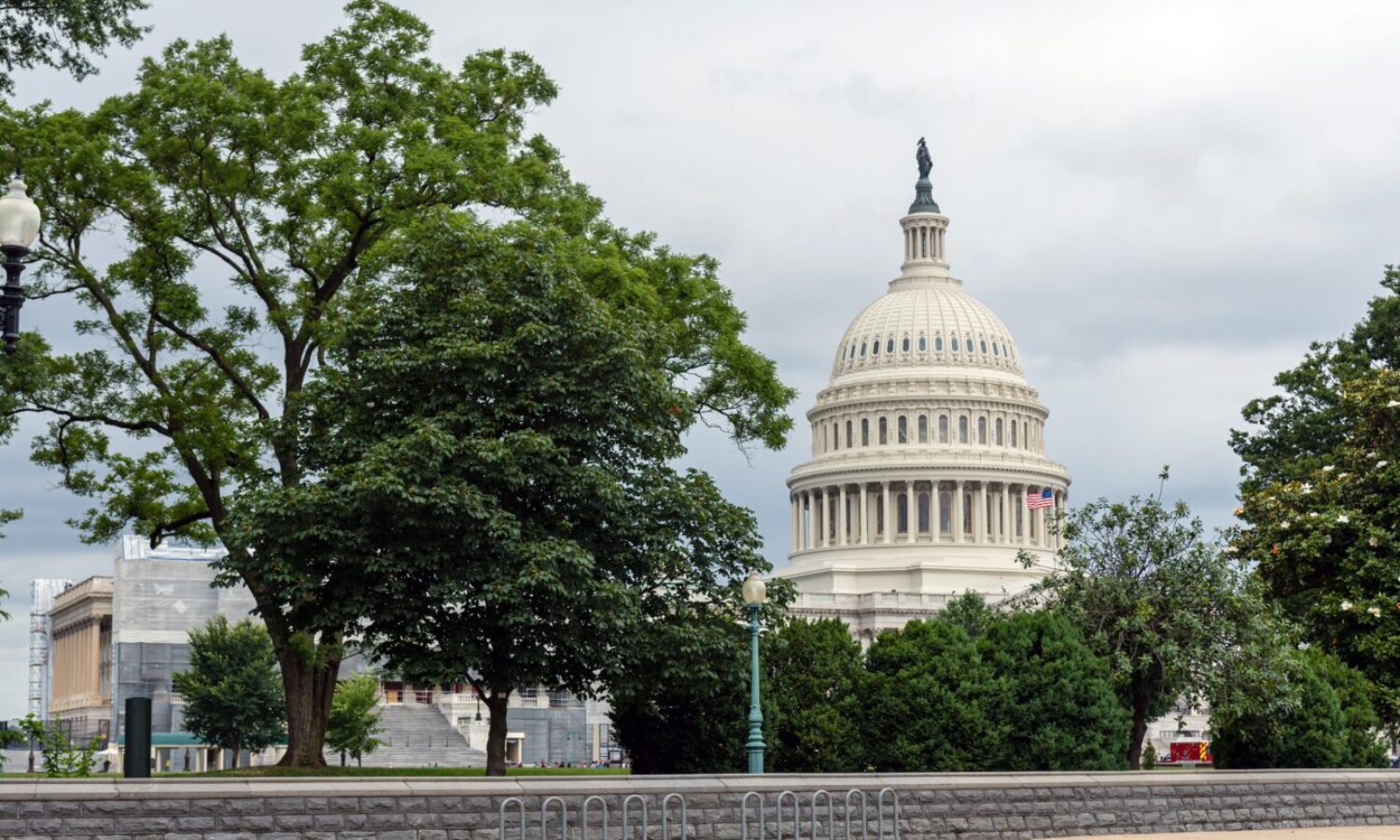i2Coalition June 2022 Legislative Brief
Your brief update on important Internet policy issues
OUTLOOK
In late June, in response to numerous mass shooting tragedies in the U.S., Congress passed and President Biden signed into law a bipartisan gun violence prevention bill. The law provides for additional scrutiny of gun purchasers under the age of 21, incentivizes states to adopt red-flag legislation that bars dangerous individuals from possessing a firearm, and funds mental health as well as school safety initiatives. After Congress returns from its July 4 recess period, it will likely turn to pass an innovation and competitiveness package, as well as the FY 2023 National Defense Authorization Act and appropriations bills. Though the appropriations work is ongoing, a continuing resolution (CR) may be necessary in the fall. It is unclear if the reconciliation talks between Senator Joe Manchin (D-WV) and Senate Majority Leader Chuck Schumer (D-NY) will produce an agreement and resolve issues such as re-authorizing Affordable Care Act subsidies that are due to expire in December and the provisions for $300 billion in renewable and clean energy tax credits. Congress will face challenges as it seeks to wrap up its work between July and the November midterm elections, with limited legislative calendar days available in a political environment jolted by the U.S. Supreme Court’s June 24 decision overturning Roe v. Wade, and shadowed by the prospect of more January 6 Select Committee hearings.
TECH POLICY PRIORITIES
Section 230/Intermediary Liability. On May 31 the U.S. Supreme Court reinstated a stay on the implementation of a Texas law that would effectively prohibit social media companies from moderating content on their platforms. The 5th Circuit Court of Appeals is continuing a legal review of Texas law. States’ efforts to police social media ramped up this year, with legislators in 34 states considering a range of bills that if enacted would likely lead to numerous First Amendment court battles with social media platforms.
Federal Privacy. The House Energy and Commerce Subcommittee on Consumer Protection and Commerce held a hearing and markup on a comprehensive federal data privacy bill–H.R. 8152, the American Data Protection and Privacy Act. The full Committee hopes to consider the bill and amendments to it at a markup in July. H.R. 8152 has the support of House E&C Chair Frank Pallone (D-NJ) and Ranking Member Cathy McMorris-Rodgers (R-WA) as well as Senate Commerce Ranking Member Sen. Roger Wicker (R-MS). Since Senate Commerce Chair Maria Cantwell (D-WA) does not support H.R. 8152, it currently has no clear path for advancement in the Senate. In the wake of the Supreme Court decision overturning Roe v. Wade, privacy advocates are raising alarm about the privacy protection and security of reproductive health data online.
Copyright/IP. The U.S. Copyright Office continued its series of stakeholder consultations on standard technical measures, as defined in Section 512 of the Digital Millennium Copyright Act, as well as an ongoing assessment of voluntary technical measures. The Copyright Office plans to share its findings from these discussions with Congress.
Antitrust/Competition. The Senate and House sponsors of the American Innovation and Choice Online Act, which would prohibit self-preferencing by large online platforms, are seeking floor votes on the bill this summer. Prospects for action are unclear, especially since some Democrats reportedly do not see the measure as a high priority during this midterm election year in comparison with addressing inflation, high gas prices, and other pressing economic issues challenging American consumers.
Broadband. The National Telecommunications and Information Administration is continuing intensive efforts to roll out funding programs of the new bipartisan infrastructure law, primarily through the $42.5 billion Broadband Equity, Access, and Deployment (BEAD) program that will distribute funds to states and territories for broadband deployment projects to close the digital divide. BEAD program funds will be distributed based on updated maps developed by the FCC that will provide more precise details on who lacks access to broadband. The maps are slated to be finalized by late Fall 2022.
Find out more…
For more in-depth updates on Internet policy including issues that specifically impact your organization, please contact us about joining the i2Coalition.

